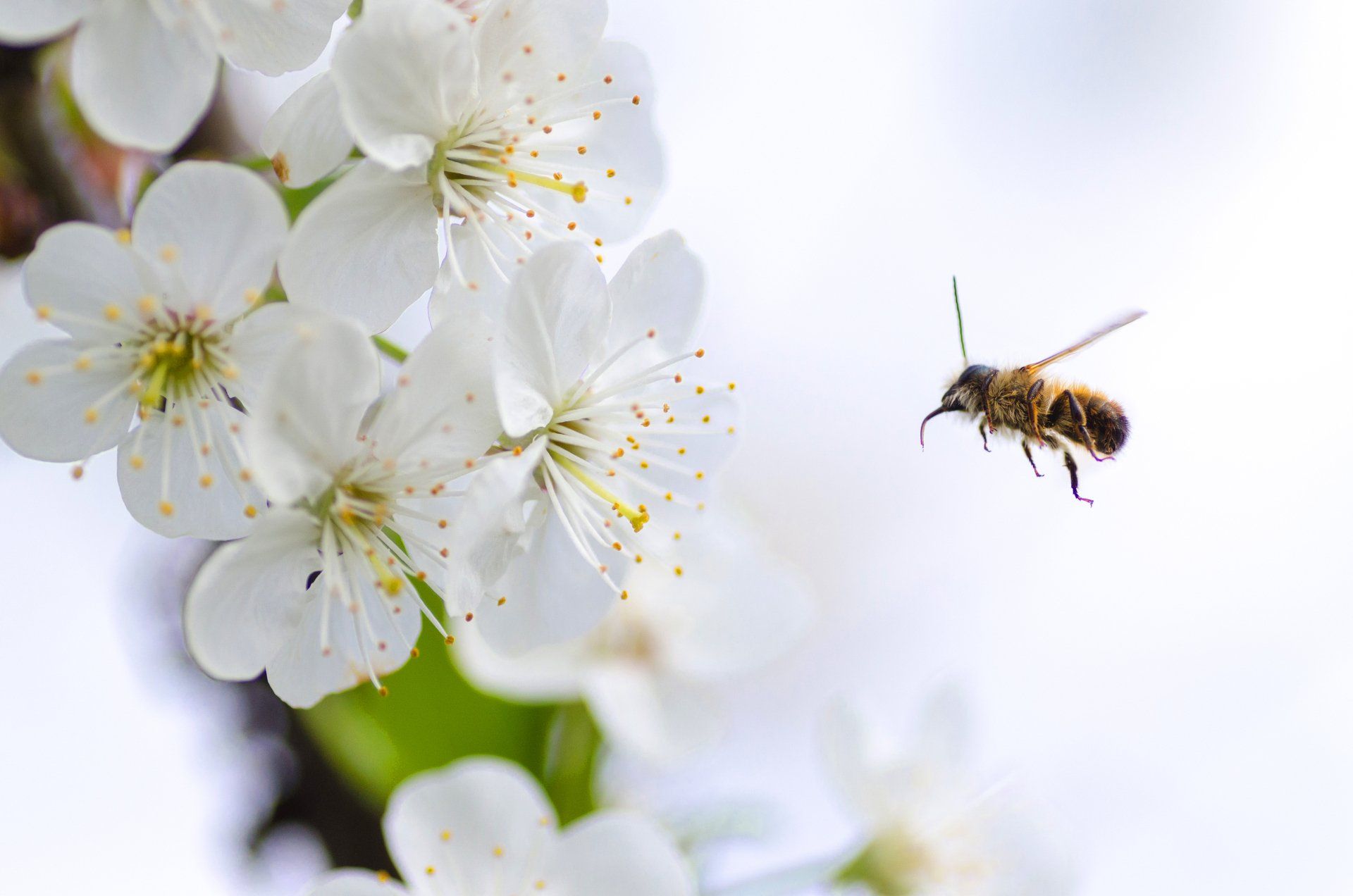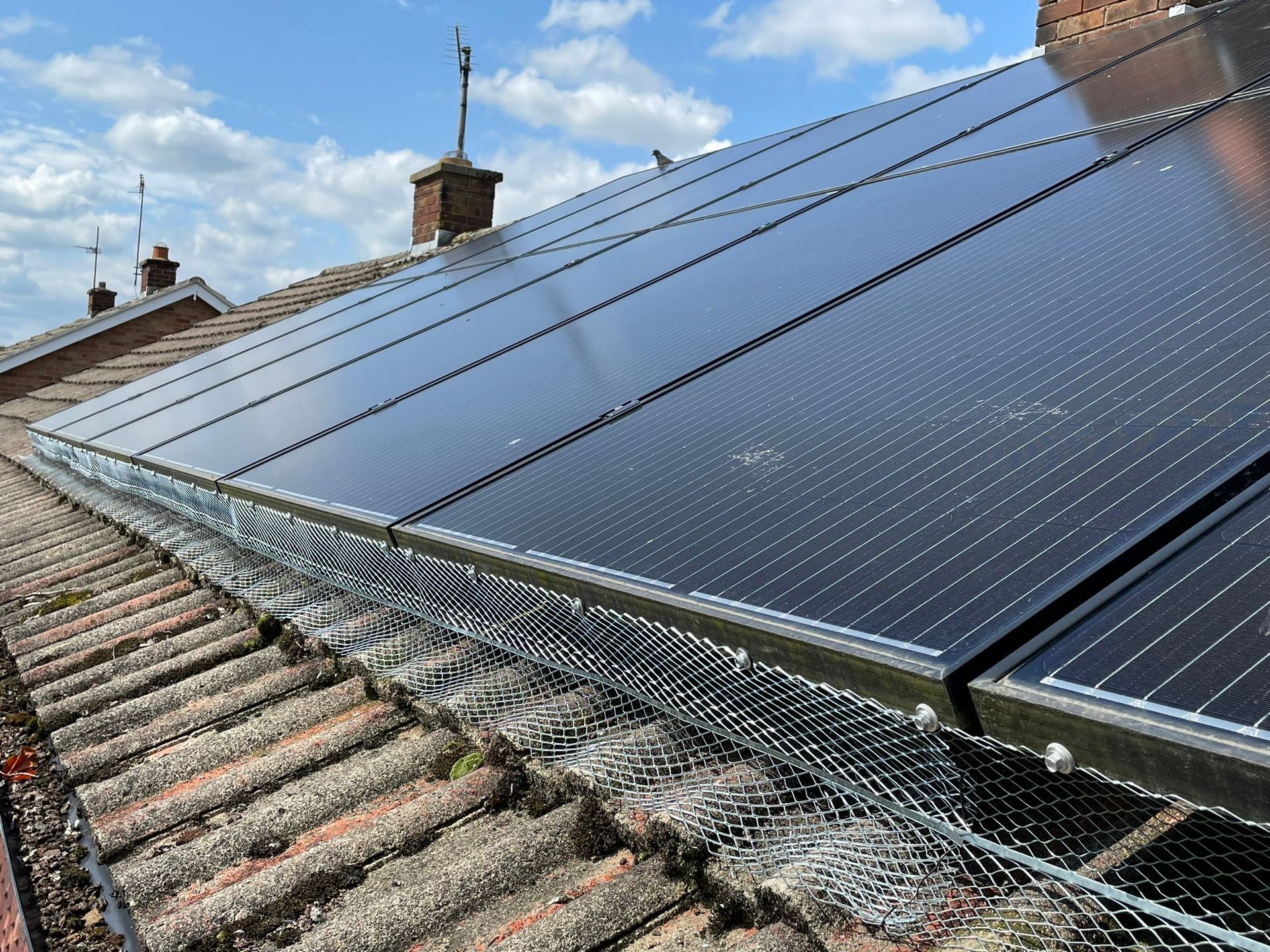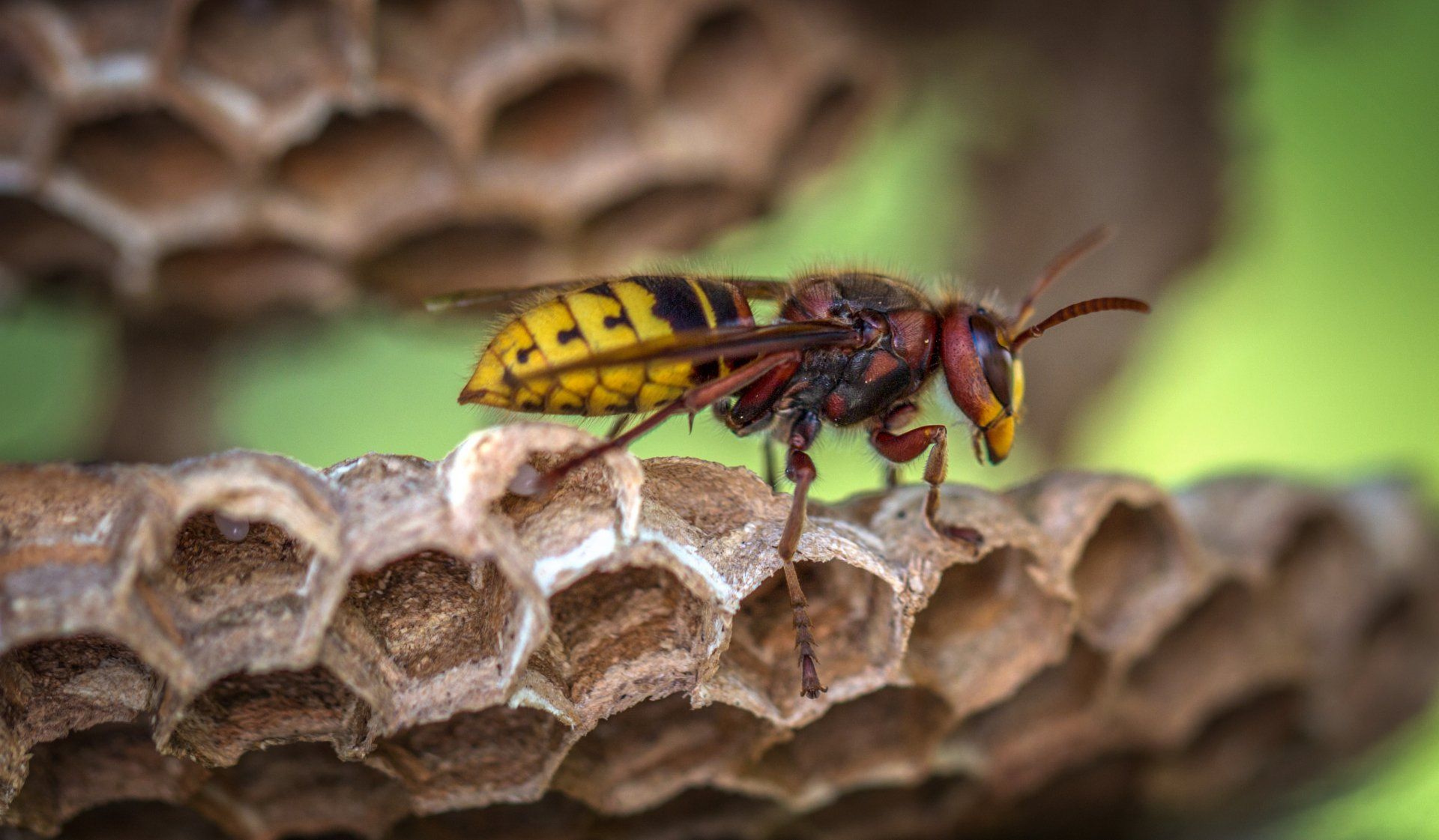Buzzing Beauties: A Guide to Identifying Bees and Wasps in the UK
Bees or Wasps? Whats the difference? A Guide to Identifying Bees and Wasps in the UK

In our delightful landscapes of the United Kingdom, especially here in the Yorkshire Dales, the air comes alive with the hum of bees and wasps in early summer. These industrious insects play crucial roles in pollination and maintaining the delicate balance of our ecosystems.
However, distinguishing between these fascinating creatures can be a challenge, especially when it comes to differentiating between harmless bees and potentially aggressive wasps. In this blog post, we will delve into the world of bees and wasps, learning how to tell them apart and understanding when it's essential to seek professional help.
The Gentle Bees:
Bees are nature's gentle guardians, vital for pollination and honey production. They typically have round, robust bodies covered in dense hair, known as "setae." Bees are generally not aggressive and will only sting when they feel threatened or to protect their hive. Here are some common bee species found in the UK:
- Honeybees: These iconic insects are responsible for producing the delicious golden nectar we know as honey. Honeybees are light brown and yellow, often found foraging in gardens and meadows.
- Bumblebees: With their fuzzy appearance and vibrant colours, bumblebees are easily recognisable. They come in various sizes, ranging from small to quite large. Bumblebees are excellent pollinators and can be found in gardens, parks, and wildflower meadows.
- Solitary Bees: Solitary bees, as the name suggests, prefer to live alone rather than in colonies. Out of the 270 different species of bee in the UK, 250 are solitary bees! They are diverse in appearance, with some resembling small bumblebees, while others appear more like wasps. Solitary bees often nest in tiny holes, making use of natural crevices or pre-made bee hotels. With there being so many different looking solitary bees, they can sometimes be mistaken for wasps, but are much less aggressive and do not have a nasty sting.
The Wary Wasps:
Wasps, though misunderstood, also play a vital ecological role. Unlike bees, they are generally more aggressive and can sting multiple times when provoked. Here are a few common wasp species you may encounter:
- Common Wasps: Common wasps have distinctive black and yellow stripes on their slender bodies. They often build their nests in sheltered spots, such as attics, eaves, or trees. Although their presence can be bothersome, they generally won't sting unless they feel threatened.
- German Wasps: Similar in appearance to common wasps, German wasps are slightly larger and more aggressive. They build nests in a variety of locations, including in the ground, shrubs, and cavities in buildings. German wasps become more problematic in late summer when their colonies are at their peak.
Seeking Professional Help:
While bees and wasps are an integral part of the ecosystem, there are situations where professional help becomes necessary. Here are some instances where calling in experts is crucial:
- Large or Dangerous Nests: If you come across a substantial wasp or bee nest, especially near human activity areas, it's essential to contact professional pest control services. We have the necessary expertise and equipment to handle the situation safely.
- Aggressive Behaviour: If you notice unusually aggressive behaviour from bees or wasps, it's advisable to seek our assistance. This could indicate the presence of an aggressive species or an underlying issue within their colony.
- Allergic Reactions: For individuals who are allergic to bee or wasp stings, even a single sting can lead to severe allergic reactions. If you or someone around you has a known allergy, our help should be sought to manage and eliminate the threat.
Bees and wasps, despite their different temperaments, are creatures that deserve our respect and understanding. By learning to identify these pollinators correctly, we can coexist harmoniously with them and appreciate the vital role they play in our ecosystems. Remember, when faced with nests or aggressive behaviour, it's always prudent to seek professional assistance to ensure your safety and the well-being of these remarkable insects.
So let us appreciate the buzzing beauties around us, and create a nurturing environment for both bees and wasps to thrive and continue their invaluable work.
If you are uncertain about bee or wasp identification or have concerns about their behaviour, please feel free to ring us for advice. We can provide accurate advice and guidance tailored to your specific situation, and if necessary come out to see to the situation. We know local beekeepers who may be able to relocate honeybees too.
Have a look at the really helpful bee identification guide from Friends of the Earth.
https://friendsoftheearth.uk/nature/bee-identification-guide
Questions? Give us a call! Advice is always free: 07818 836527

CONTACT DETAILS
Phone: 07818 836527
Email: david@yorkshiredalespestcontrol.com
Registered Address: The Homestead, Bedale Road, Scotton, Catterick Garrison, DL9 3NQ


© Copyright 2022 | All Rights Reserved | Yorkshire Dales Pest Control | Cookies & Privacy Policy

